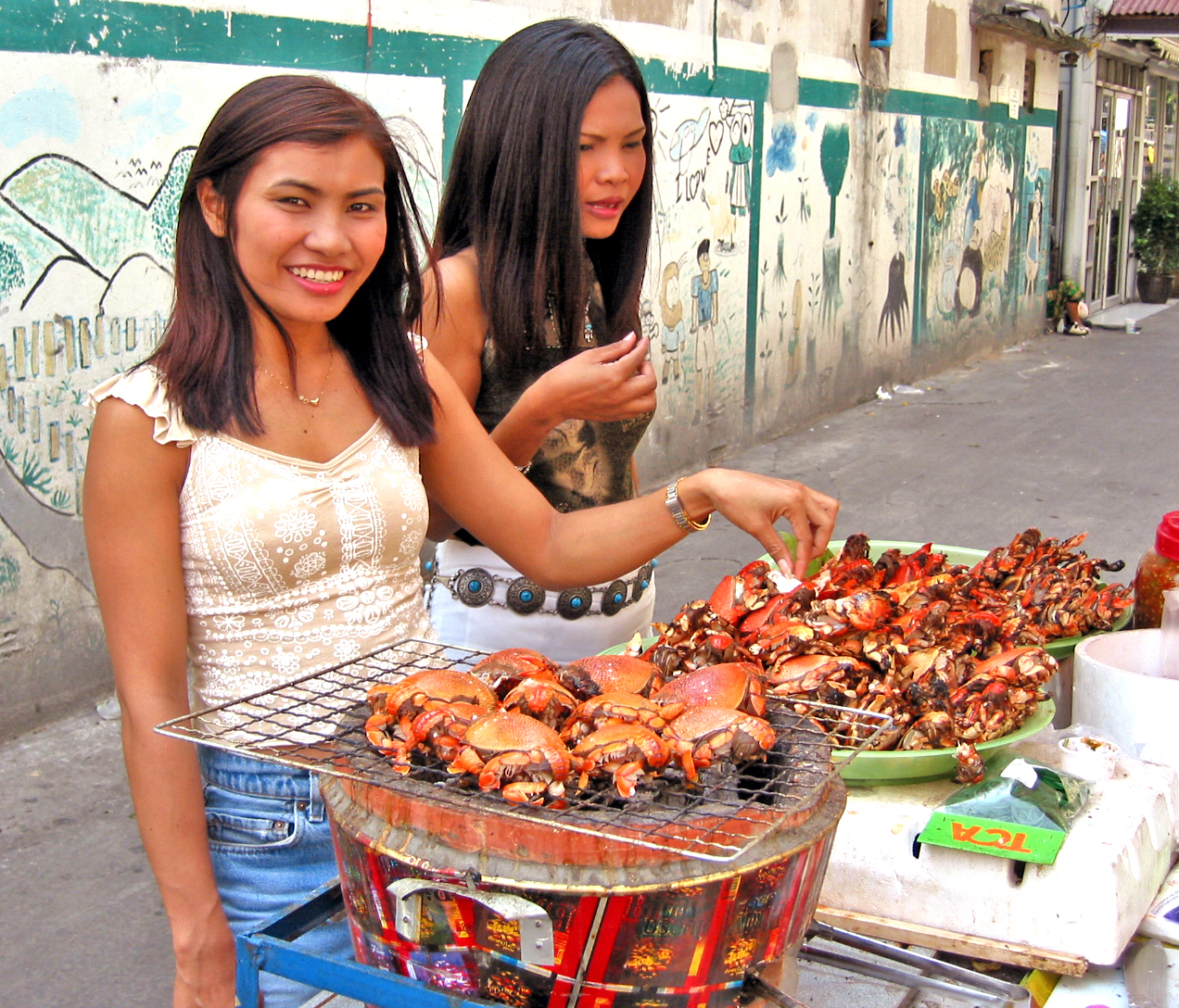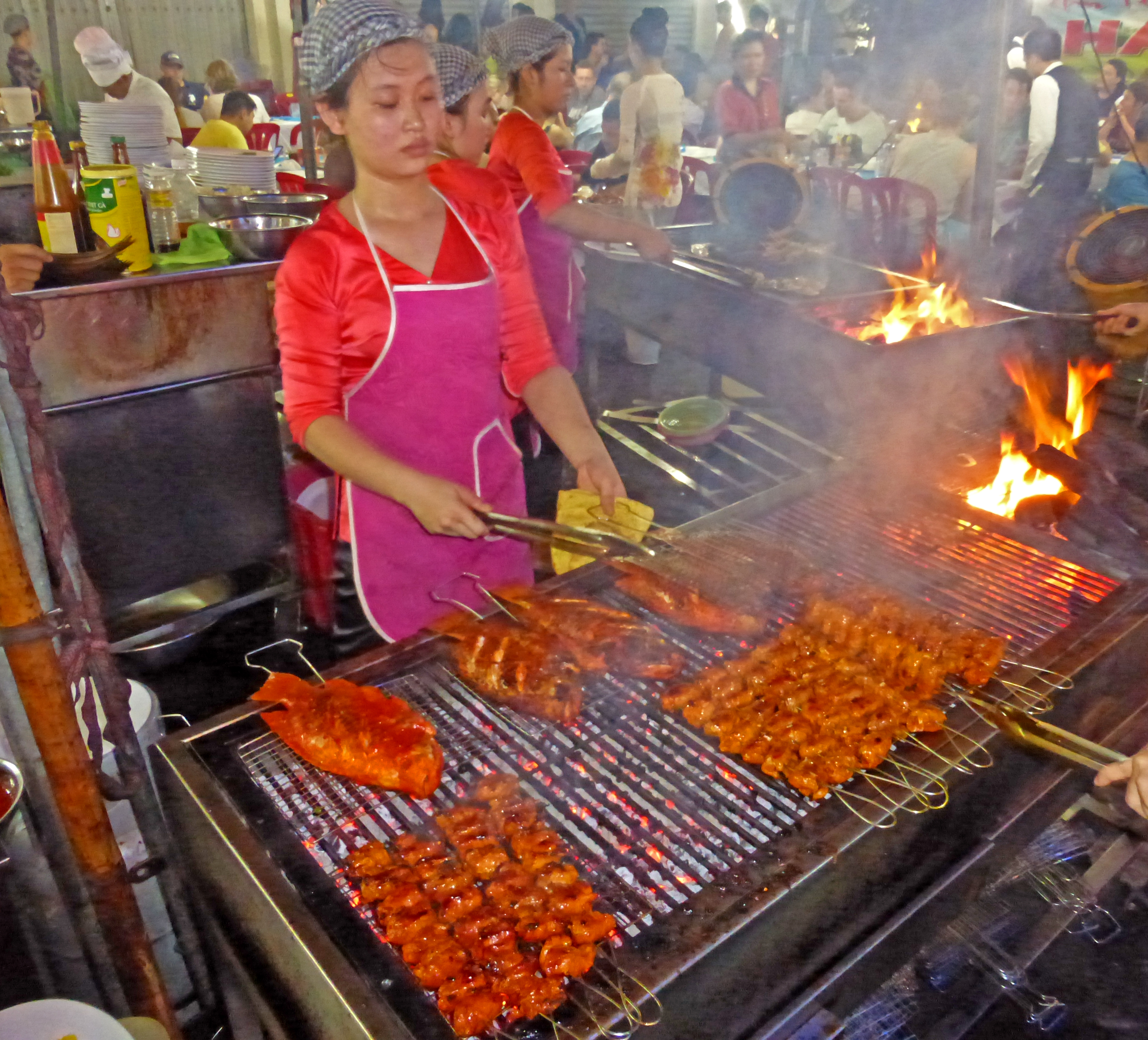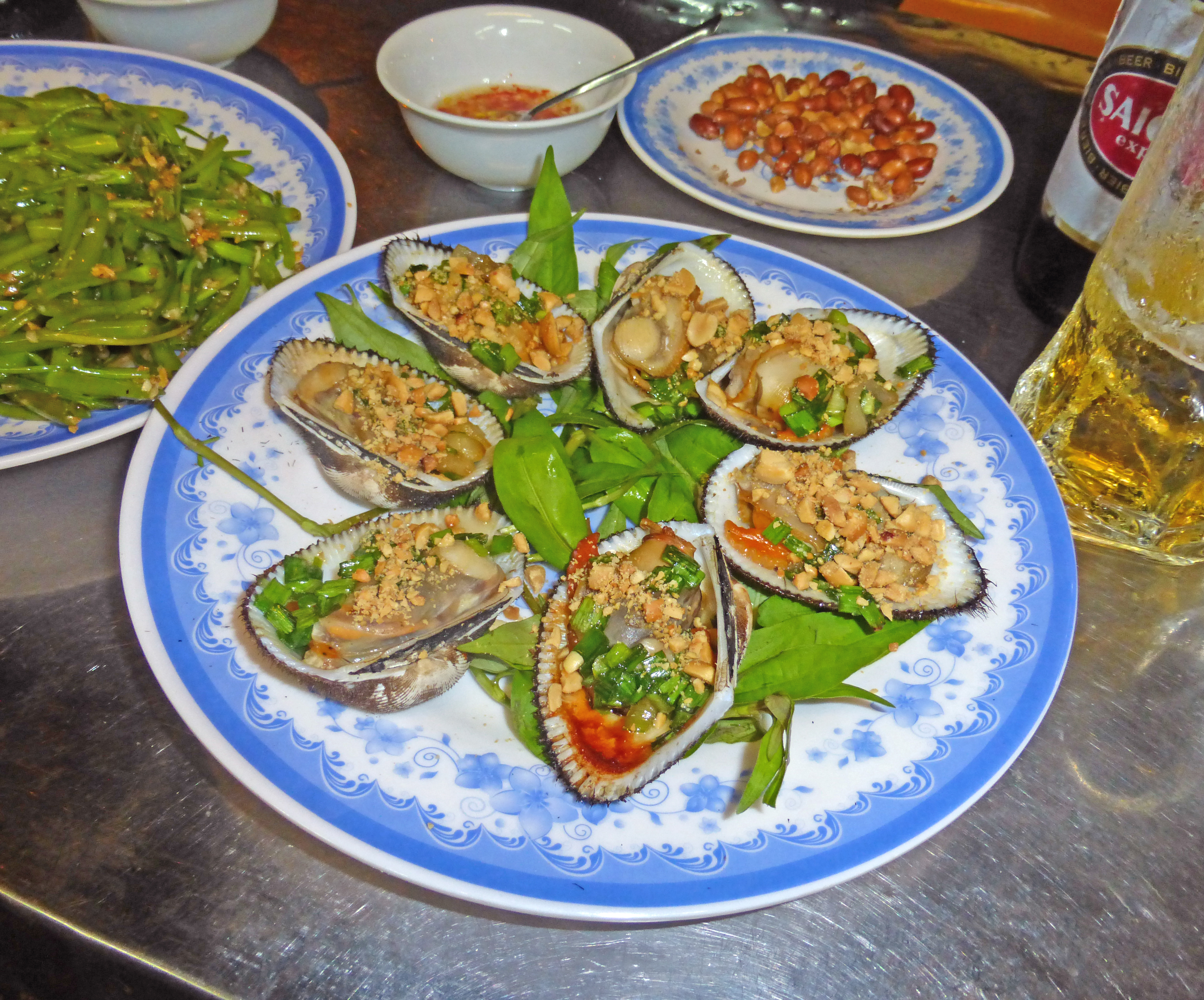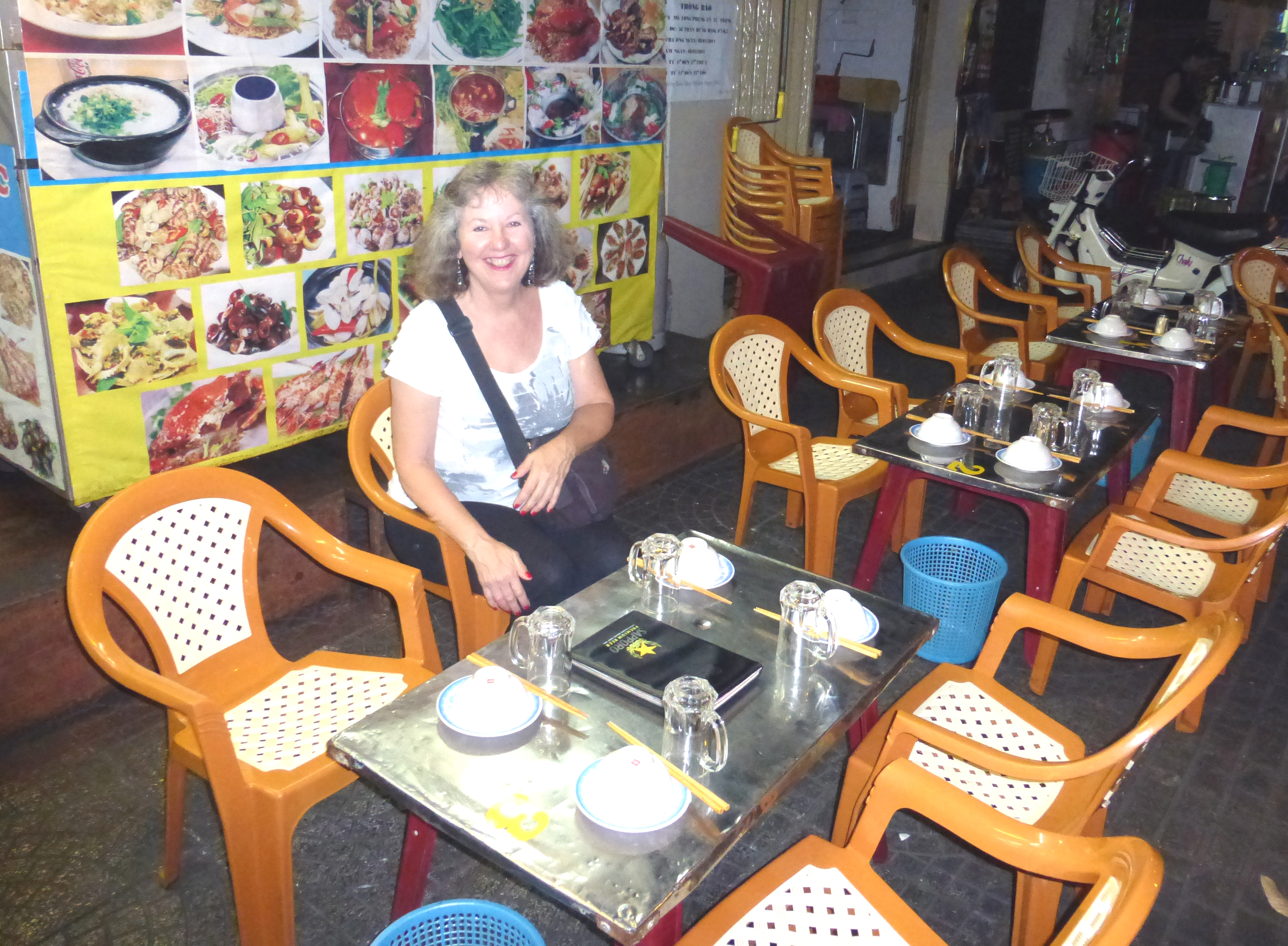
By Billy and Akaisha Kaderli
Due to our restaurant background, one of Billy’s and my greatest joys in traveling is the eating of street food. We can’t imagine going to faraway locations where everything has exotic new flavors and only eating off a sanitized menu at a name brand hotel. Why limit ourselves and our experiences out of an exaggerated sense of caution?
We aren’t being careless about food and water choices. Rather, we have nearly three decades of world travel experience and want to share our perspective with you.
The Basics
No matter where one travels, there are different bacteria in the water, air, and food than what we encounter “at home.” Our bodies react to these as if they are invaders. Therefore, we could develop headaches, nausea, lack of energy or extra activity in our intestines.

It’s Not Always the Food
It doesn’t always mean the food, ice or water isn’t clean; it might have more to do with someone’s personal immune system and their response to the introduction of different bacteria.
For instance, if one is traveling and finds themselves in windy weather, one can develop stuffy sinuses, a headache or an upset stomach. What is being blown around in the air can greatly affect your health, and this is especially true if there is livestock nearby or if there are a lot of street dogs in your vicinity.
Some countries have the custom of people spitting in the street so you also have that to consider. To be clear, windy weather is a contributing factor to intestinal distress.
If you do choose to eat at a street stall or sidewalk café, it’s important to find one that is busy and one that cooks what you want right on the spot. This will assure you that the food is being turned over regularly and isn’t sitting around becoming cold.

Timeframes
In normal circumstances, if there is going to be an uncomfortable reaction to a new place it happens within the first 10 days to three weeks of being in that new location.
For lower intestinal activity, taking a few Imodium should solve the problem. If not, then antibiotics generally do the trick. I’m not a doctor and am not prescribing anything but we have found pharmacists to give Norfloxacin or Nifuroxazide 400 mg tablet over the counter and that normally will take care of the issue of stomach pain or diarrhea in a matter of hours or a day or so, tops.
In your new location, you can always ask a pharmacist what they recommend for your intestinal distress.
Other Considerations
We learned that over-the-counter Albendazole and worm pills every 6 months will take care of miscellaneous creatures trying to find a home in our bodies.
Even name brand hotels serve fresh vegetables rinsed in water. If you are concerned that you might pick up a bug, these pills can allay that fear.
We also recommend washing one’s hands as often as possible and bringing those moist towelettes with you. They are very handy for this.
If you take public transportation, go on a tour or even visit a museum, this puts you in contact with the general public. Keeping one’s hands clean adds to overall protection from an upset stomach.
Keeping hydrated is important. If you bring your own water bottle with you it is wise to check the freshness of the water in your bottle. This is especially true if you are traveling in the tropics.
Mold can grow in a few days. Simply filling up your bottle with purified water will still not protect you fully. Be sure to wipe off the mouth of your bottle often with something sterile and to bleach the bottle out regularly.
Some people like the idea of using SteriPENs when they travel so they have access to purifying their own water while traveling through bus stations or while out in the boonies.
You can also use this pen when you are staying in hotels. This will allow you to drink from the tap after you have used this pen to sterilize your water. This might be a little more adventurous than you had in mind. However, at least you know it’s an option that is available.

Enjoying Your Trip
We would rather do the above than miss the exciting opportunities to experience new flavors when traveling. It is just too large a part of our journeying pleasure for us to give up due to fear.
We always drink bottled water, but if you are in a civilized area the ice and water served in restaurants are fine. They are not going to serve something unclean to their clientele and expect to stay in business.
There could be a rare occasion in which food poisoning happens. But this occurs anywhere and everywhere in the world, including the United States.
So is eating street food safe? We think it is if you follow our suggestions above. We hope you find this information useful, insightful and helpful. Hopefully, it will reduce the fear factor you may have over eating exotic food in foreign countries.
About the Authors
Billy and Akaisha Kaderli are recognized retirement experts and internationally published authors on topics of finance, medical tourism, and world travel. With the wealth of information they share on their award-winning website RetireEarlyLifestyle.com, they have been helping people achieve their own retirement dreams since 1991. They wrote the popular books, The Adventurer’s Guide to Early Retirement and Your Retirement Dream IS Possible available on their website bookstore or on Amazon.com.
+ show Comments
- Hide Comments
add a comment